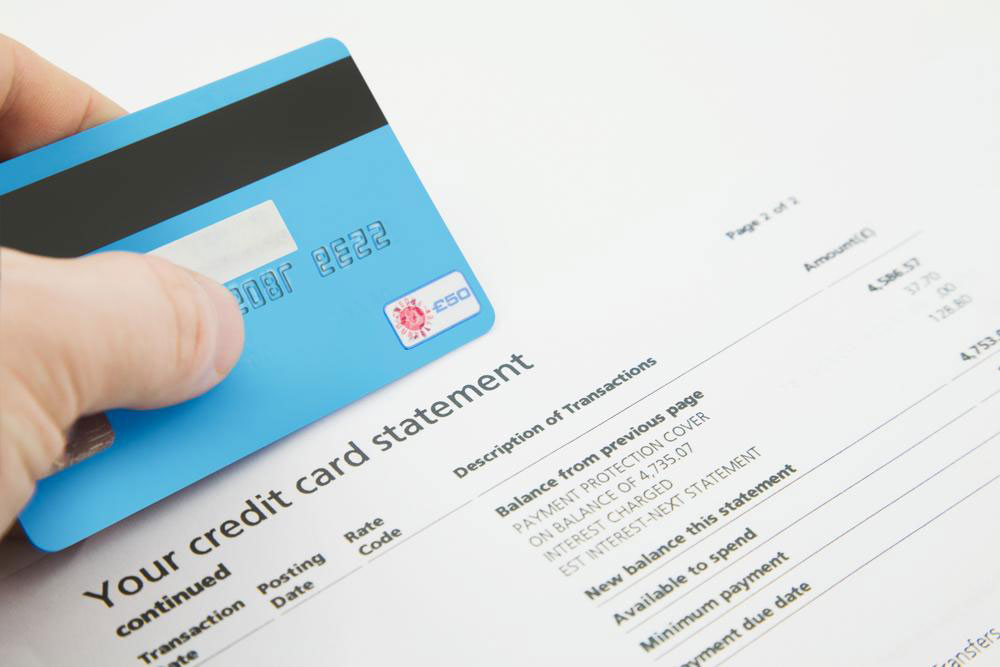Comprehensive Guide to Boost Your Home Loan Approval Chances
This comprehensive guide explores the key factors influencing home loan approval, including income, credit score, property value, and down payment. It offers practical tips to improve your chances of securing a mortgage, emphasizing responsible financial habits and strategic planning. Learn how to prepare your finances effectively and understand lender requirements to turn your homeownership dreams into reality. A must-read for prospective buyers seeking to navigate the mortgage process confidently and successfully.

Comprehensive Guide to Boost Your Home Loan Approval Chances
Purchasing a home marks a significant milestone in life, representing stability, investment, and a step toward personal independence. However, navigating the home loan approval process can be complex and sometimes daunting. Understanding the fundamental factors that influence your eligibility can transform your approach, increase your chances of approval, and make your home ownership dreams a reality. This comprehensive guide delves into the essential elements that lenders scrutinize and provides practical tips to enhance your application. Whether you are a first-time buyer or looking to refinance, knowing these key factors is crucial for a smooth and successful loan process.
At the core of home loan approval is your financial profile. Lenders assess various indicators that mirror your repayment ability, reliability, and financial stability. These indicators include your income level, credit history, property value, and the initial down payment. Each element plays a pivotal role in the decision-making process, and understanding their significance can help you prepare effectively for your loan application.
Key Factors Affecting Your Home Loan Approval
One of the foremost aspects that lenders examine is your repayment capacity. This refers to your ability to repay the loan comfortably without overextending your finances. Typically, lenders evaluate your monthly income against your projected mortgage payments, ensuring that your debt-to-income ratio (DTI) remains within acceptable limits. For most financial institutions, a DTI of 36% or less indicates a healthy balance, suggesting that you can handle additional debt without undue hardship. Demonstrating steady income streams, regular employment, or a reliable source of supplementary income can strengthen your application.
Another critical criterion is your credit history and credit score. These factors provide insight into your past borrowing behavior and repayment reliability. A good credit score, generally above 700, indicates responsible financial management, timely payments, and low-credit utilization. Maintaining a clean credit report free from missed payments, defaults, and unresolved disputes amplifies your chances of approval. If your credit score needs improvement, consider paying off outstanding debts, correcting errors on your credit report, and avoiding new credit inquiries before applying.
Property Valuation and Loan-to-Value (LTV) Ratio
The value of the property you intend to purchase is a vital consideration. Lenders conduct an appraisal to determine the current market worth of the property. This appraisal ensures the property's value aligns with your purchase price and adheres to the lender's loan-to-value (LTV) ratio guidelines. Most lenders typically prefer an LTV ratio ranging from 80% to 95%. For example, if the property's appraised value is $200,000 and your loan amount is $160,000, the LTV ratio is 80%, which is favorable. A lower LTV ratio reduces the lender's risk, often resulting in better loan terms and a higher likelihood of approval.
A higher property value relative to the loan amount minimizes the lender's exposure and enhances your credibility as a borrower. Therefore, selecting a property with a solid appraisal value and negotiating favorable terms can significantly impact your approval prospects.
The Importance of Down Payment
Your initial down payment is a testament to your financial discipline and commitment. Typically, making a down payment of at least 20% of the property’s purchase price not only demonstrates seriousness but also helps you avoid private mortgage insurance (PMI), which adds to your monthly expenses. A larger down payment decreases your overall loan amount, thereby reducing your LTV ratio and increasing your chances of approval. It also can lead to more favorable interest rates and terms.
Sources of down payment funds matter. Using savings, gifts from family, or other legitimate sources lends credibility to your application. It’s essential to document and prove the source of your down payment, especially if it comes from gifts or borrowed funds. Maintaining a healthy savings account and demonstrating consistent savings habits over time can satisfy lenders that you are prepared for future expenses and emergencies.
External Factors Impacting Home Loan Approval
Beyond your financial specifics, external factors influence your approval chances. These include the overall economic environment, interest rates, and the lender’s current lending policies. During economic downturns, lenders tend to tighten lending criteria, making approvals more selective. Conversely, in a booming economy, more favorable terms and higher approval rates are generally observed.
Other external influences include your employment stability, which provides reassurance to lenders about your ongoing income flow. Having a stable job, preferably with a reputable employer, adds to your credibility as a borrower. Additionally, maintaining low levels of existing debt and managing your financial obligations prudently reflects positively on your application.
Enhancing your profile can involve several practical strategies. These include adding a co-applicant with good credit and income, opting for structured repayment plans that fit your financial situation, and ensuring regular, on-time payments on all existing debts. Running credit report checks, rectifying errors, and keeping your credit profile healthy are proactive steps to improve your chances of approval.
In summary, securing a home loan requires careful preparation and an understanding of the key factors lenders evaluate. Your credit profile, income stability, property valuation, and down payment size collectively determine your likelihood of success. By strengthening these areas—saving diligently, maintaining good credit habits, and choosing the right property—you can improve your approval odds substantially. Remember, every element counts, and a well-prepared application reflects your financial discipline and responsibility, making you a trustworthy borrower in the eyes of lenders.





